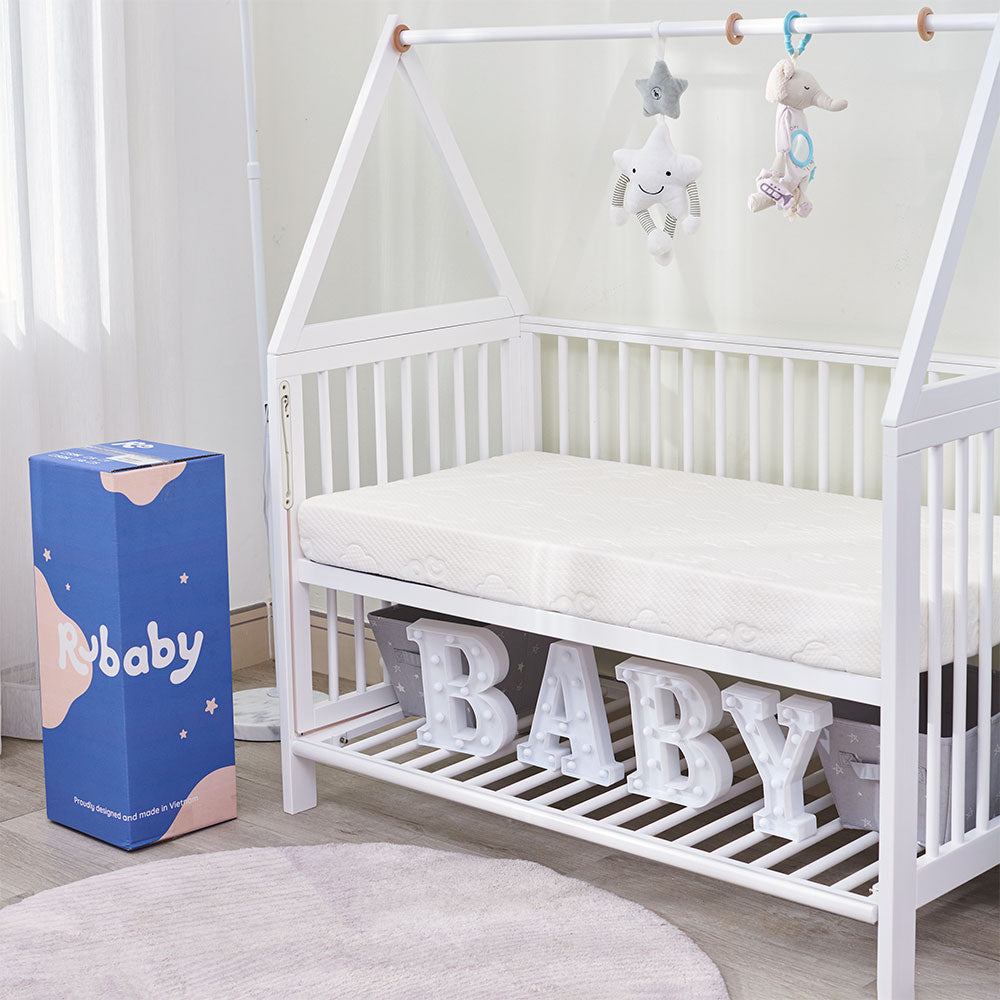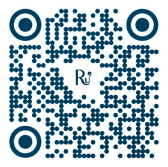The child may not cough or cough very little during the day, but start coughing a lot at night? This condition can prevent both your baby and you from getting a good night's sleep. Help your child feel more comfortable with these home remedies for coughs below! .
Usually, a child's nighttime cough is nothing to worry about and will go away on its own. They can stem from a variety of reasons, such as the common cold, asthma, acid reflux, or a sinus infection. But most coughs in children go away after a few days, at most a few weeks. However, when your baby is irritable and coughs constantly, it can cause both you stress and insomnia. Here are some ways to help your child ease their cough and get back to sleep:
1. Clean your baby's nose
If coughing and congestion keep your child awake, try clearing the mucus with an over-the-counter (OTC) saline solution to ease breathing before bedtime. Put two to three drops of saline in your nostrils a few times a day. Note that the baby may not like the feeling of nose drops and sneezing.

You should try sucking mucus out of your child's nose before it irritates his or her throat and airways.
After instilling physiological saline, use a special syringe for the baby and suck the mucus out of the nose. Repeat this if necessary, but remember that it can irritate your child's nostrils if done too often.
2. Let your baby drink lots of water
To relieve the tickling, itchy neck that leads to a dry cough right away, give your baby water that is warm but not too hot. For infants 3 months to 1 year old, only 1 to 3 teaspoons should be given four times a day. Older children can drink more water.
As a general rule, keep your child well hydrated at all times so that the mucus doesn't dry out and make it difficult to release when coughing. Infants should be given breast milk or formula regularly, while older children should drink plenty of water or unsweetened juice to help keep their throats and nasal passages moist.
3. Add moisture to the air
Moist air can help reduce mucus, relieve congestion, and soothe irritated airways. If the air in the room is dry, a mist humidifier can help. To prevent the growth of mold and bacteria, clean the humidifier thoroughly.

A more viable alternative is to treat your bathroom like a steam room. Drain the hot water until the air is steamy, then sit with your baby for about 10 to 15 minutes. By breathing warm moist air before going to bed, you can clear the nasal passages and help relieve coughs. You should also consider patting your baby's chest and back to loosen particularly stubborn mucus.
4. Feed your baby enough
Babies aged 0 to 6 months need energy to stay healthy and certain nutrients to boost their developing immune systems. If you're breastfeeding, keep it up. Because antibodies in breast milk can help your baby's persistent cough.
Older children need solids from all food groups with protein, vegetables, and healthy fats.
For toddlers, you can apply natural cough remedies passed down from generation to generation like honey. Honey can help thin mucus secretions in the throat, thus soothing a cough. Use 1 to 2 teaspoons at bedtime or at nap time for infants over 1 year of age.
5. Change your sleeping position
To reduce the amount of mucus that builds up in the back of your baby's throat, you should put your baby to sleep with his or her head up. For children older than 1 year old, place a pillow under the head that is enough for the baby to lie on his side. Another option for younger children is to place a rolled towel under the mattress about 30 degrees to raise the baby's head while sleeping.

Extra pillows should be given to children older than 1 year to help raise their head and improve breathing.
Whether your baby is coughing from mucus or acid reflux, lying down can make it worse. So during the day, allow your baby to sit more upright by placing her in a high chair with you.
6. Keep the baby's surroundings clean
Germs are everywhere and can land on high-touch surfaces like toys and countertops at any time. So, use soap and water or use hot water regularly to make sure the baby's area is always clean. Keep fabric surfaces such as clothes and stuffed animals clean at all times. And remember to wash your hands often!
7. Removes irritants
Get rid of any irritants that could trigger asthma or allergies in your home. Like don't smoke around the baby or let the smoke get on the fabrics of clothing. Use a room air purifier with a HEPA filter, keeping the humidity in your home between 40 and 50%. Make sure pets are out of your baby's sleeping area and use allergen-resistant mattress and pillowcases.

If you are concerned about your child's cough, make an appointment with your pediatrician for an accurate diagnosis.
In short, most coughs will clear up within three weeks, if your child's cough persists for more than 10 to 14 days, see your doctor for a diagnosis. Once you know the cause, you can find more effective home remedies.


















































